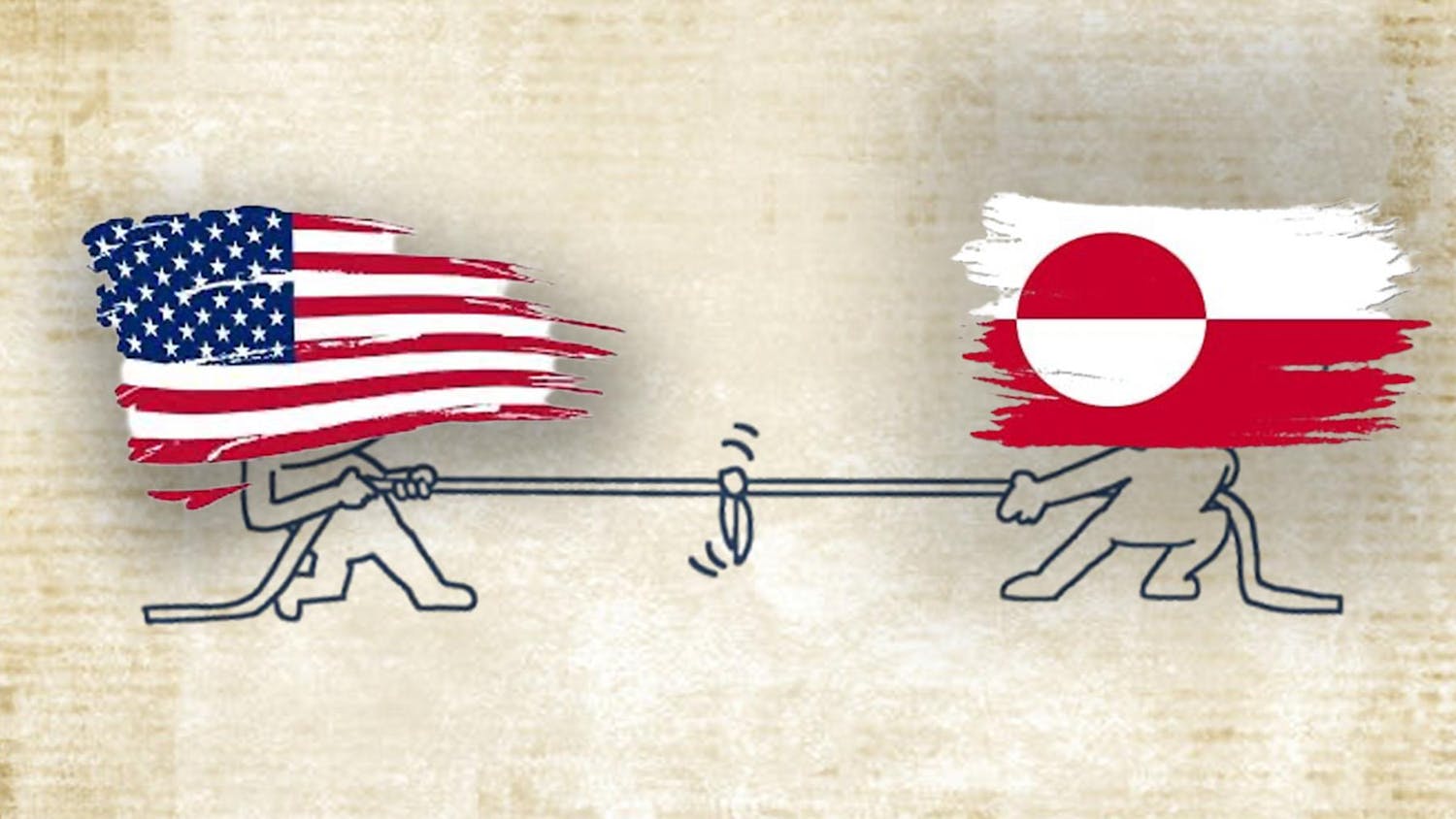If you know nothing else about me, you may know that I am a pretty big Taylor Swift fan. After I first heard “Red” when I was 13, I quickly devoured the rest of her discography and began anxiously anticipating her next releases. In a sense, I grew up with her, letting her stories of heartbreak and love and growing up echo off the walls of my childhood bedroom while I, too, suffered through the pain of being a teenage girl.
My lovefor Swift’s music went beyond just obsessively listening to her records, though. In my early teen years, I regret to admit that I spent a lot of time on Tumblr, and when I found the community of Taylor Swift fans on that website, I was hooked. Eventually, Swift herself found her way onto the website, and to this day, I am still proud to announce that she followed my blog and liked about a dozen of my posts (my fifteen-year-old self would be furious with me for not knowing the exact number). My blog has been inactive for a few years now, but I can’t bring myself to delete it and lose that follow.
To a large extent, Swift — and the online community I found thanks to her — were like saviors to me. Not only did they provide a distraction when my thoughts were betraying me (I was diagnosed with OCD around the same time), it provided me a place where my complicated, melodramatic feelings were completely valid.
The reason Swift’s music is special to me is not because of her delicate storytelling, catchy hooks or artistic songwriting (though I could spend another thousand words talking about that). Taylor Swift lodged herself in a permanent place in my soul because her music was so full of feeling — the complicated kind, the oceans of tears shed over a two-month relationship, the messy, unfair anger directed at other women, the unexplainable and irrational and overdramatic feelings of being a teenage girl.
Even though I don’t run a Taylor Swift blog anymore, and I have (hopefully) moved beyond the tidal waves of feeling that comes with being a teenage girl, Swift is still my favorite artist of all time, and listening to her music feels like coming home. This past year has been a big year for her and all Swift fans, too — in July, she released her eighth studio album, “folklore,” after a surprise announcement, and did the same with another full-length album “evermore” in December.
Both were received with broad critical acclaim, with many reviews noting a newfound maturity in her songwriting. For me, though, “folklore” and “evermore” didn’t feel like a departure at all — they felt entirely honest to the person Swift has always been. Yet there was an entirely new cohort of people drawn to her music, discovering how great of an artist she has always been, and even recognizing that previous hatred for her may have been rooted in misogyny.
Sure, it’s possible that her shift to a more folksy, alternative sound drew an audience that she’d never reached before. It’s also possible that “folklore” and “evermore” are just better albums than she’d released before. To me, though, it seems as though people feel comfortable admitting that they liked Swift’s music because she’s a real artist now, not just one making music for teenage girls.
This phenomenon, of discarding the quality of media due to a fanbase made up of primarily teenage girls, seems to happen all the time — our culture considers the opinions of teenage girls to be the inverse of whatever refined taste looks like. However, teenage girls have historically been instrumental in catapulting some of our greatest musical prodigies to fame.
Yes, I’m talking about The Beatles, a group that made music in obscurity until teenage girls began fainting at their concerts and brought about “Beatlemania.” Today, The Beatles are considered by many to be one of the greatest rock bands of all time, not despite, but because of teenage girls.
The fandom of teenage girls is often disregarded as unrefined precisely because of the intensity with which teenage girls feel. The Beatles can’t actually be good, right? They only have a following because of the hormones of teenage girls! Taylor Swift can’t possibly make good music — the feelings of teenage girls are obnoxious and unimportant, so her music must be too.
Now, this isn’t to say teenage girls are the ultimate predictor of future critical success, but our culture acts as if something is not good simply becauseit’s popular among teenage girls. It’s patronizing, it’s unnecessarily vitriolic and it’s often just incorrect.
I connected with Taylor Swift becauseshe made music for teenage girls, and she has made an incredibly successful career by validating and expressing their emotions. Listening to her and being a fan of hers has completely changed my life, and I think that experience is valid whether or not she had eventually made music that appealed to other demographics.
Teenage girls deserve the ability to love artists that they feel connected to — whether they make objectively “good” music or not — without constant harassment from the general population. It’s time to treat the opinions of teenage girls with respect — when you don’t, you may be missing out on the next great rock band, or even just bangers like “Enchanted.”
Ellie Konfrst is a junior majoring in political science, with minors in the Hesburgh Program for Public Service and civil & human rights. Originally from Des Moines, Iowa, she’s excited that people will finally be forced to listen to all of her extremely good takes. She can be reached at egloverk@nd.edu or @elliekonfrst13 on Twitter.
Taylor Swift and the power of teenage tears
The views expressed in this column are those of the author and not necessarily those of The Observer.








